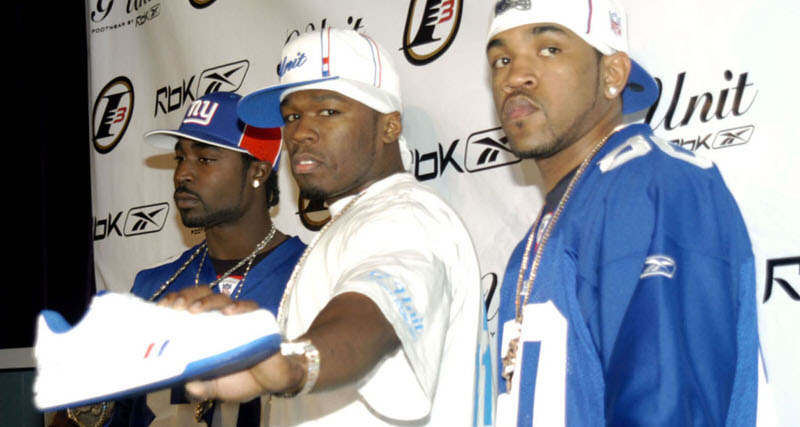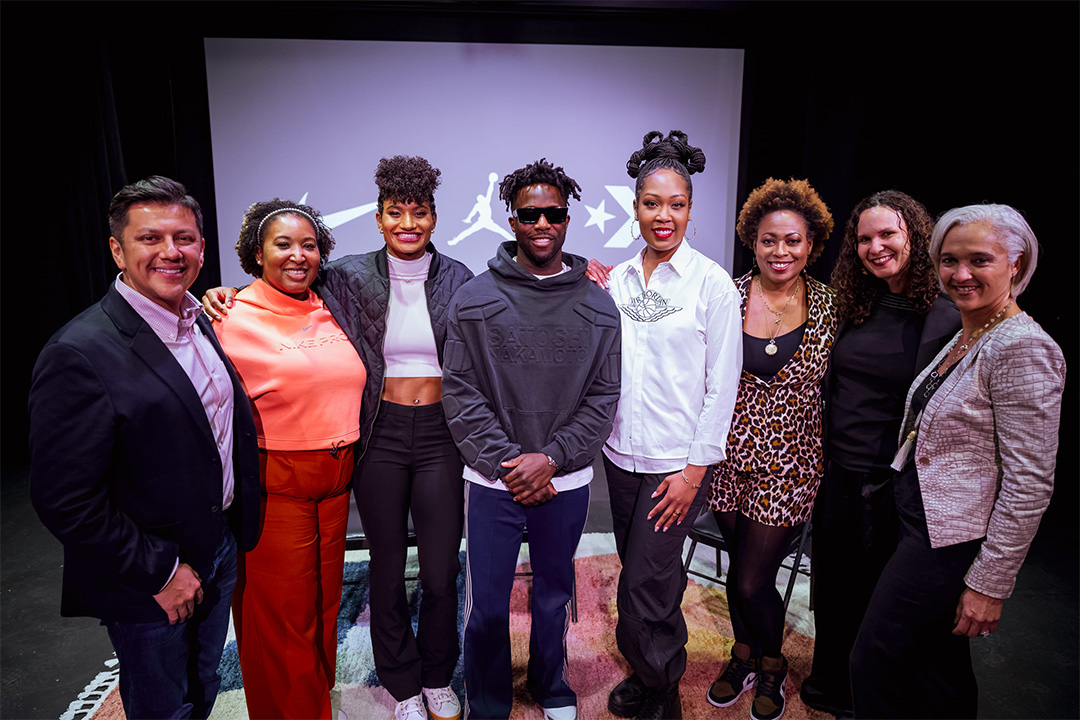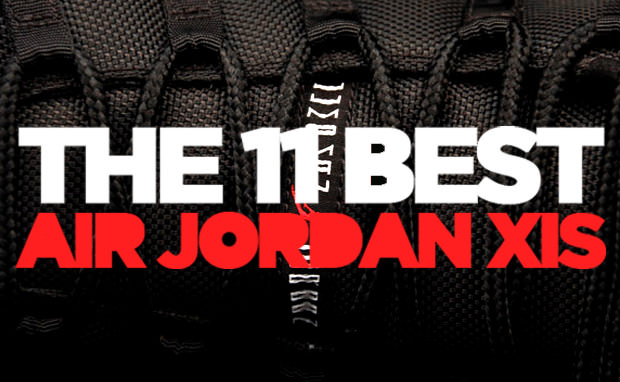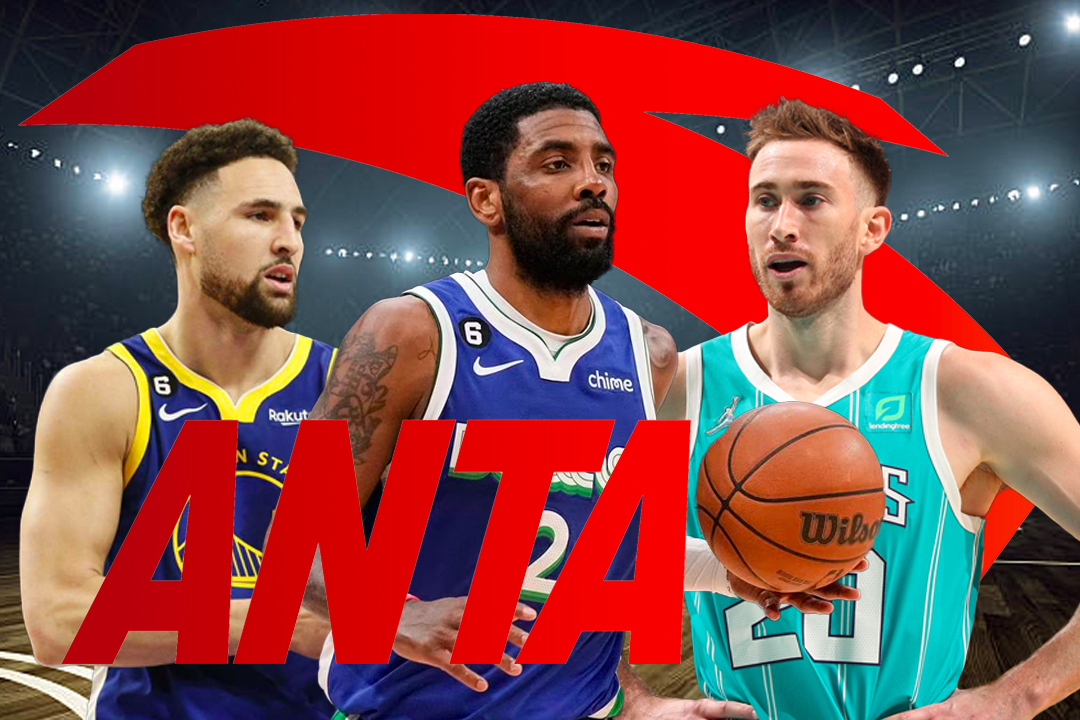This post may contain affiliate links. Please read our disclosure policy.
Reebok back? While the brand has made many moves over the past years — namely going hard into Crossfit and restructuring their basketball biz — one thing that has been a constant for the last decade in a half is their connection to hip-hop. Gaining unofficial endorsement from the Hot Boy$ back in the Guerrilla Warfare days of the ’99, the brand put their money into musicians hailing from New York to Puerto Rico over the course of the 2000s and have been doing so on and off pretty much ever since. Coming off the news of their new partnership with Future, get a history of the Vector’s endorsement deals in hip-hop.
Basketball Roots
Coming off the energy of Dee Brown, Dominque Wilkins and The Pump franchise, Reebok was carving out a name in basketball in the early ’90s. By the mid ’90s, the brand would make bolder, more aggressive moves in b-ball in regards to their endorsers, design and product placement.
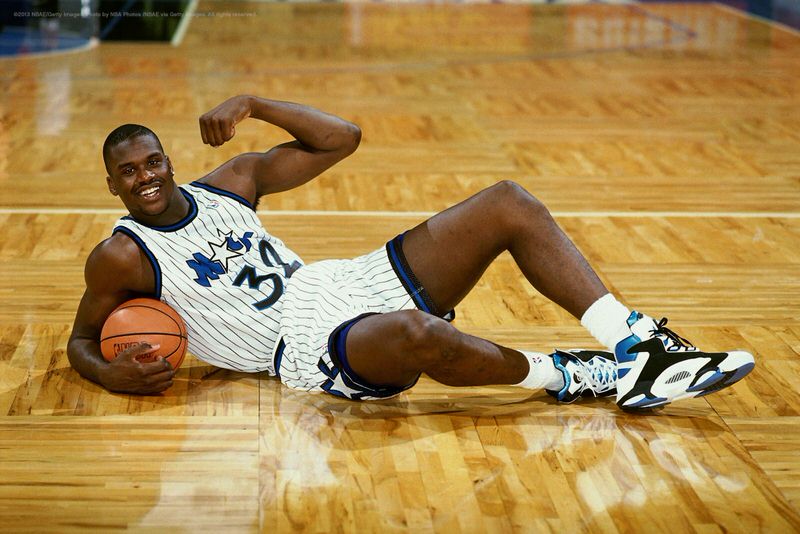
In 1992, Reebok would sign a fresh face in the name of Shaquille O’Neal. The Diesel’s larger than life game and personality would make him one of the biggest stars in basketball right from the jump. Off the court though, his pop culture persona would grow almost as big with movie roles and a string of rap album releases. Front on Shaq and the Fu Schnickens if you want, but The Big Aristotle’s debut album went platinum and he avoided the sophomore slump by going gold. Impressive numbers in any era.
On the blacktop and on the big screen, their Above the Rim collection would focus on streetball and lace members of the cast of the 2Pac film of the same name. This tie would further cement their investment in both hoops and hip-hop and propel the trend of doing both at the same time.
Allen Iverson & The Return to the Blacktop
Shaq Fu may have had a more popular and palatable rap career than Jewelz, but it was Allen Iverson who was the walking embodiment of hip-hop on the hardwood. Owning his image, Reebok would pair AI with the likes of Jadakiss and The Clipse in some of the better basketball commercials of the era, also enlisting Scarface for a clip with then fellow-Houstonian Steve Francis. These marketing efforts along with corresponding lifestyle and blacktop product helped solidify RBK’s spot in hip-hop even if it was all coming from the courts.
Jay Z and 50 // The Boroughs & the Boardroom
According to an interview with 50 Cent, Reebok had big plans in 2003 to further invest into basketball by attempting to sign LeBron James. Once the young king cashed in with the Swoosh, RBK had budget to go elsewhere, leaning on partnerships with 50 Cent and Jay Z. While Reebok wouldn’t be mad at unveiling their 14th shoe for LeBron this summer, the countermove made sense at the time as the first round of G Units flew off the shelves. In that era, 50 was undoubtably the biggest name in hip-hop and the alpha dog the culture identified with.
Moving from Queens to BK, Jay Z was an early example of Reebok having the right ideas but perhaps being too early. The S. Carter line played off the Gucci tennis sneakers that made waves in the ’80s, offering a familiar look while eventually providing a platform for crossing over into other areas of sport and artist endorsement. Years before RocNation, the S Dot line would collaborate with everyone from MLB teams to Kanye West, and even included performance models that laced Jamal Crawford in the NBA and Roy Williams in the NFL. In reality, not too different from what adidas + Yeezy is slated to do in the near future, but perhaps a decade too early.
Skateboard P
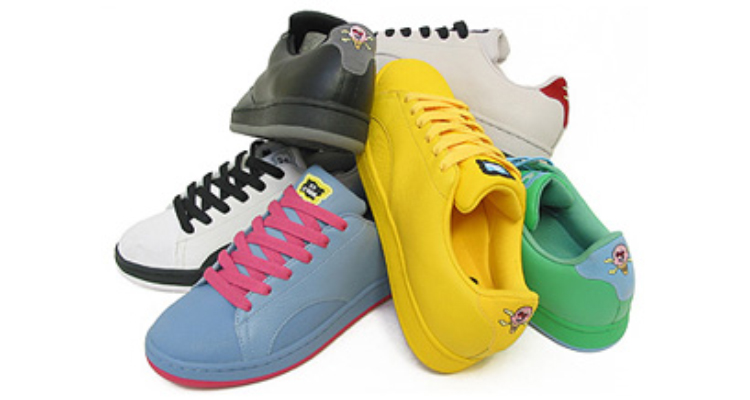
Hustle, muscle and power moves in the boardroom may have been the calling card for 50 and Hov, but it was clear hip-hop and fashion were moving in a more creative and carefree direction. Years before his deal with adidas, Pharrell teamed up with Reebok for the launch of his Boardflip series. Retail results were varied, but it did offer fans of BBC/Ice Cream a more accessible purchase point for similar styles. Skate fashion would soon sweep hip-hop culture, but true to the sport brands like DC and Vans would reap the benefits.
New Roster & Now Playing Collection
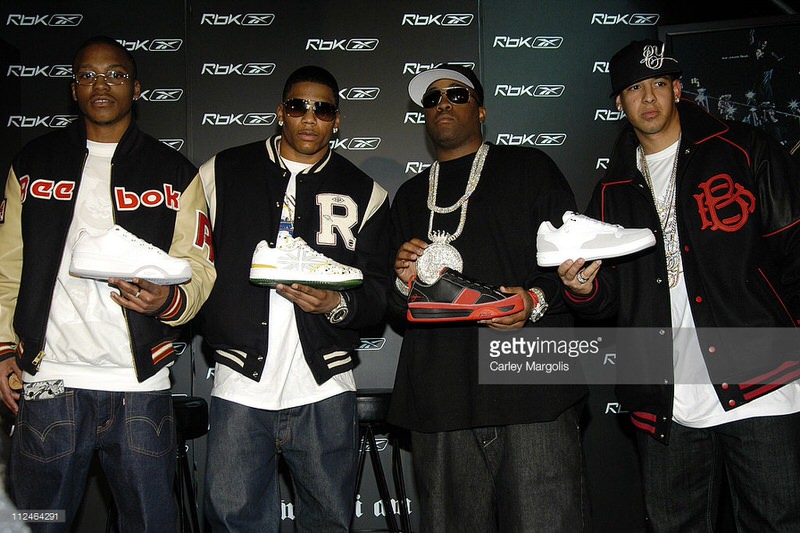
In the mid-2000s, Reebok went regional and invested in a diverse array of artists for their new position in hip-hop via their “Now Playing” initiative. Led by Nelly who had proven weight in regards to album sales and kick collabs, the brand took bets on Lil Wayne, Daddy Yankee, Mike Jones and Lupe Fiasco. Predominately pushing the Classics line as a franchise, it was in many ways similar to adidas Basketball’s “Believe in Five” campaign of the late ’00s. In hindsight, the picks weren’t bad as Wayne and Lupe would go on to be two of the most popular rappers of the next five years as well as two of the most influential from a fashion standpoint. Unfortunately, the product and the artist’s willingness to promote it did not match the drafting.
The Swizz Beatz Regime
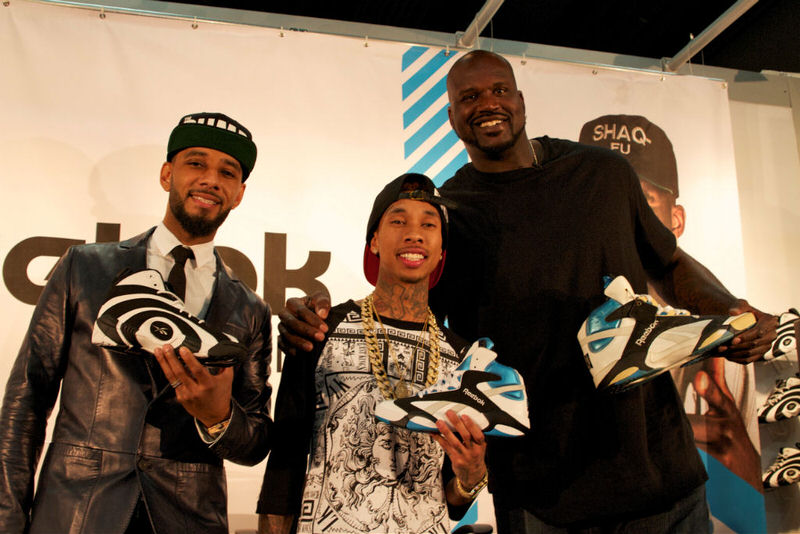
On paper, Swizz Beatz resurrecting Reebok was a long shot and a pick nobody saw coming. While Swizz’s weight in hip-hop and art were never questioned, his pull in footwear and fashion did not match that of his contemporaries at the day of the deal. Still, Swizz and Reebok pulled a shocker as they assembled an array of artists ready to put on for the brand and also brought back the sport sector’s top athletes and most memorable models. We’re talking Shaq, Shawn Kemp, AI, ‘Nique and more.
Leading the artist endorsement side was Rick Ross who was arguably the hottest MC at the start of the 2010s. Rozay’s relationships with other artists got Reebok on the feet of many an MMG member in official and unofficial fashion at a time when the brand had the models to move. On top of that, they added then up-and-comers Tyga and Travis Scott, bringing a youthful, fashion forward wave to the brand. Unfortunately for Reebok, a controversial lyric from Ross forced a pause in their relationship while T Raww and T Scott would move on as they moved up.
K Dot & Future
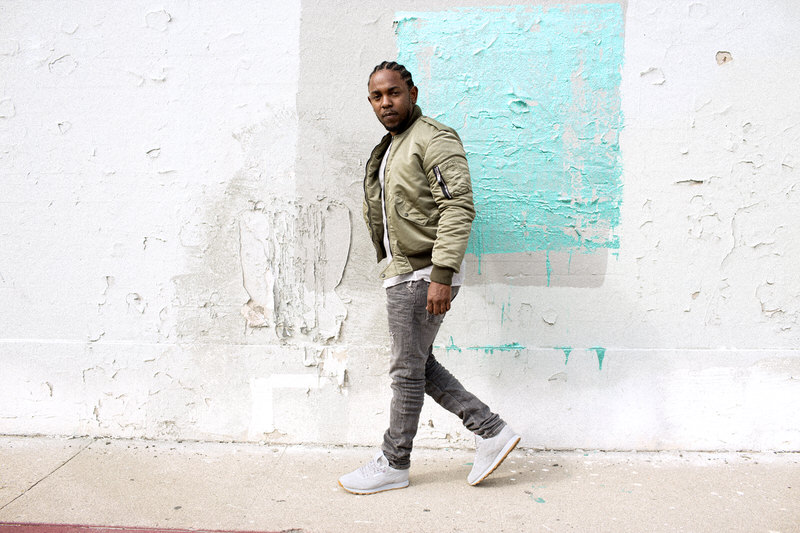
Turning over a new leaf and signing new talent, Reebok’s first major move in recent years would be the signing of Kendrick Lamar. At first this move would be a bit of a surprise because though Lamar was as celebrated as could be on the mic he was becoming more and more decidedly anti-fashion. Once ready for retail, the pairing made sense as the attachment to the Classics line played well with K Dot’s understated style and the story of street unity played perfectly to his message. On top of that, it also came with community initiatives and events to match. Of lesser push but also of importance, on the other coast Reebok also partnered with Cam’ron for a string of album themed collabs playing towards flashier fashion and limited allocations.
Now joining forces with Future, Reebok has once again paired with one of the game’s hottest artists in their peak. The difference between this and prior signings is that Hendrix not only has radio rotation but also a following for his personal style. Will this be the jackpot for Reebok? It’ll take awesome product and continued success on the music front, but what will be perhaps most interesting is to see if it relies on retro roots like previous pairings or ushers in a new wave of design for the Classics category.
Lead image via Sole Collector
